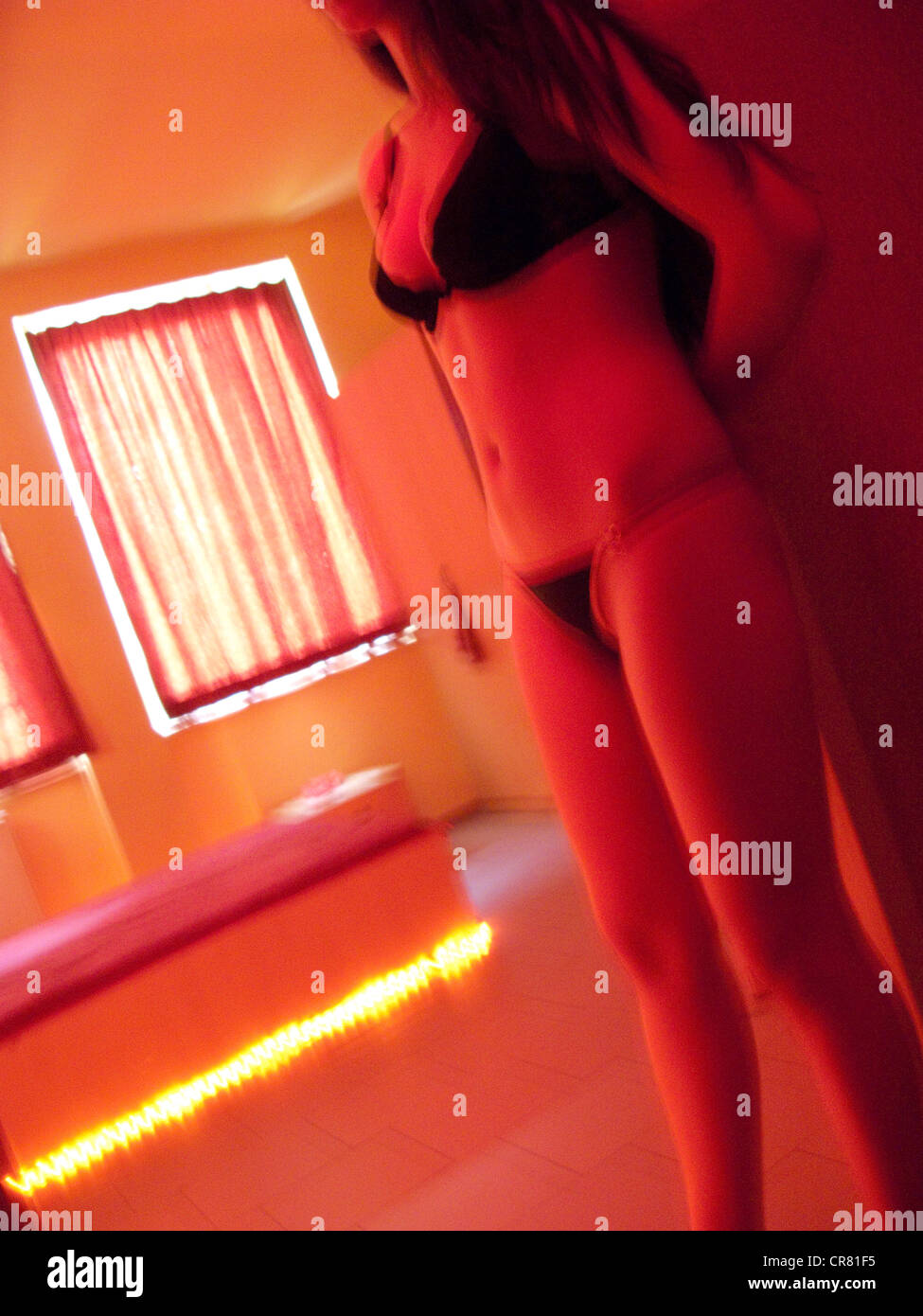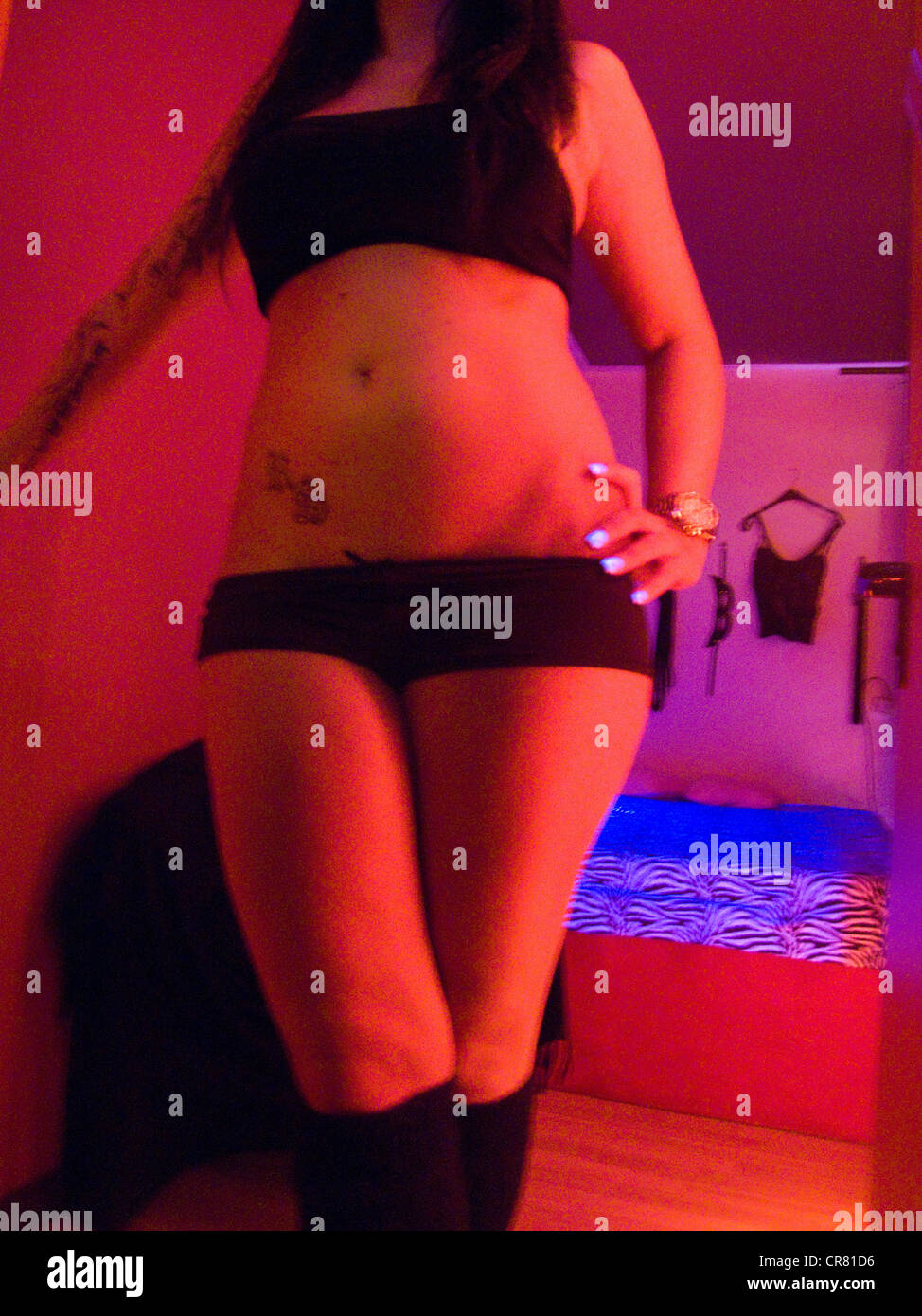
WEIGHT: 48 kg
Breast: Medium
1 HOUR:60$
NIGHT: +50$
Sex services: Cross Dressing, Photo / Video rec, Smoking (Fetish), Extreme, Facial
Prostitution in Nicaragua is legal, but promoting prostitution and procuring are prohibited. Prostitution is common in Managua. Prostitutes work on the streets, in nightclubs and bars, or in massage parlors. Prostitutes are known locally as "zorras". From to there were no prostitution laws. Prostitutes, pimps and madams were charged with vagrancy. Prostitution was legalised and regulated from April Prostitutes has to register and have a weekly health check. Those who did not comply were fined by the police, or after the National Guard.
In August a law was passed prohibiting the promotion of prostitution. By then the national Guard had taken control of prostitution in the country. The only people jailed for controlling prostitution were those who wouldn't pay the required bribes.

Starting in the s President Somoza's business empire moved into prostitution and gambling houses. The National Guard who Somoza was the head of , through being bribed, ensured these establishments flourished. After Somoza was deposed in by the Sandinista National Liberation Front FSLN , one of their first actions was the destruction and burning of "a great number of brothels, bars and gambling houses".
The FSLN had previously advocated the elimination of prostitution in its manifesto, but this was never enacted. Nicaragua became the first country to train sex workers to be official representatives of the government and the judicial system.

The only country in the world that does not try and arrest them, where the activity is not criminalized. With only 0. HIV was first detected in Nicaragua in , after concentrated epidemics had been reported in other Central American nations. Relative control over commercial sex work, low infection rates among injecting drug users, and a ban on the commercial sale of blood also slowed HIV transmission.



































